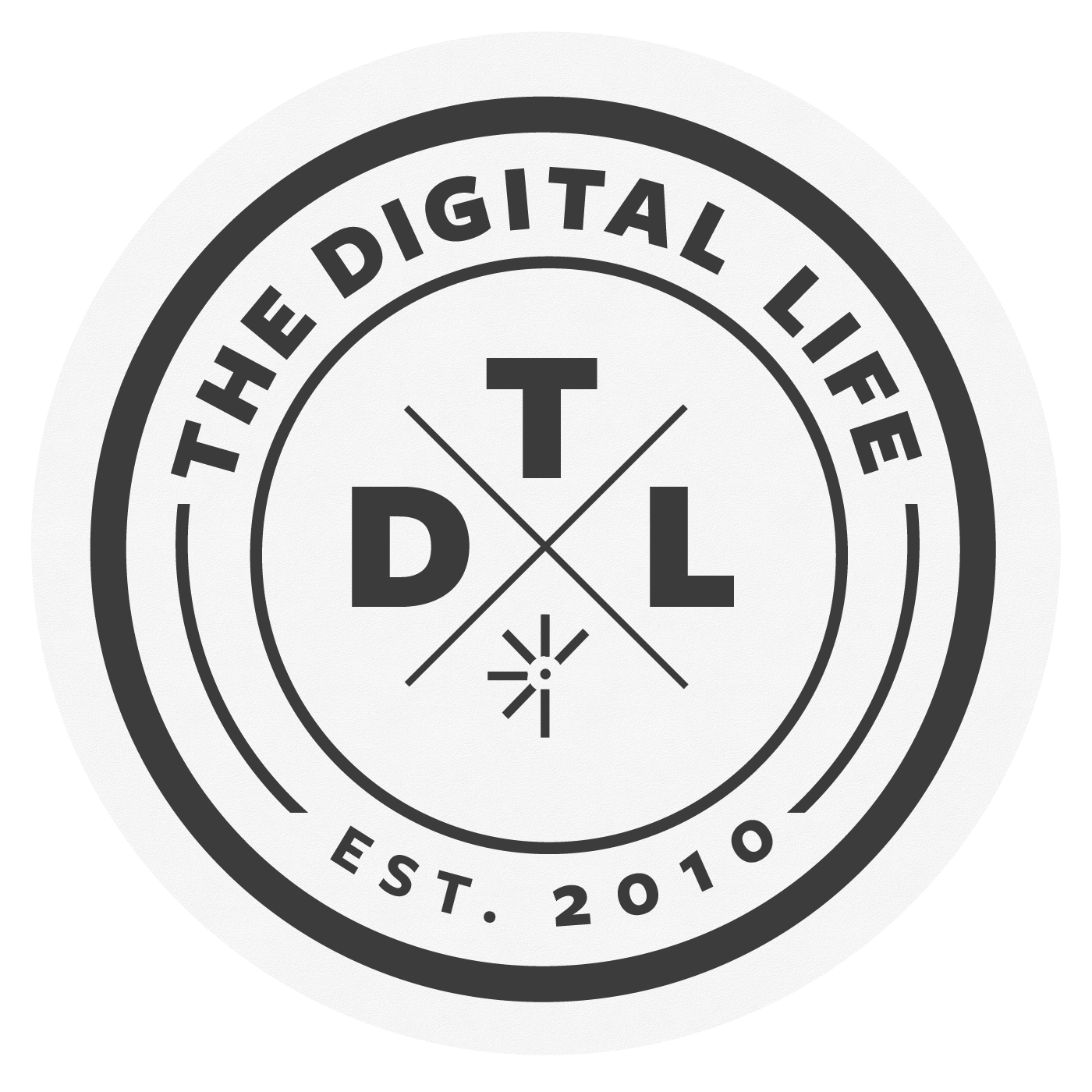Episode Summary
Health is one of just a few universal human needs: From the moment we're born to the moment we die, our health is at the forefront of our lives. Despite this inherent importance, American healthcare remains woefully out of balance.
We spend too much and get too little for our hard-earned dollars. According to a recent Medicare report, healthcare spending is projected to grow 1.1% faster than the rest of the economy during 2013- 2023, with its share of the GDP rising from 17.2% in 2012 to 19.3% in 2023. What else should we expect from a system that first prioritizes the administrative and business aspects, then clinical care, with the patient experience and patient / provider relationship placing a distant third?
The key to re-balancing the US healthcare delivery system and making progress toward reducing future costs, may lie in better understanding not its administration or even clinical care — while these both are important — but rather, the day-to-day needs of its patients. In this episode of The Digital Life, we dig into some of the challenges in designing for the patient experience.
Here are a few quotes from this week's discussion.
Jon on information overload in healthcare:
This data, which can be so intimidating, is growing even faster that we might like. Whether it’s the data that’s resident in EHRs, at hospitals and doctors’ offices, or data from our activities that we’re getting from these lovely wearables that we all seem to be wearing these days to even data that might be general population health data or, genomic data that is newly introduced into the total healthcare experience. There’s this additional thread of information overload that I think is also a factor as you’re talking about how people are able to process their healthcare experience.
Dirk on the monolithic players in healthcare:
Yeah, it’s interesting. It’s complicated. The patient experience resides inside the rat’s nest that is the health industry, and the health industry is duly yoked by the national government which is a bureaucratic fiasco, and the big insurance industry, which is a blood-sucking soulless leach on the whole deal. Solving for this stuff is really tricky because of these huge monolithic actors that inherently, their motivations are contrary to the patient experience; and that doesn’t even get into the fact that the complexity around what really is best and appropriate for an optimal patient experience isn’t just in of itself an easy thing to solve in the theoretical without those huge barriers.
